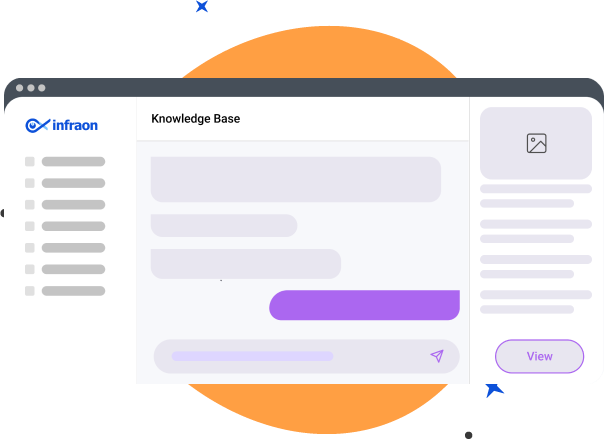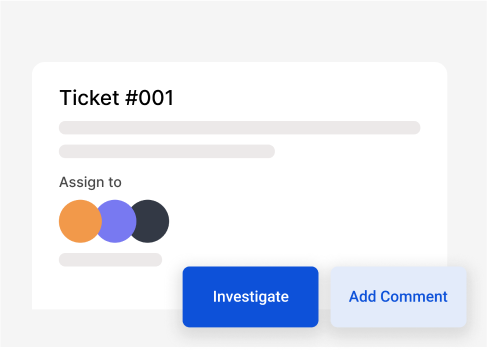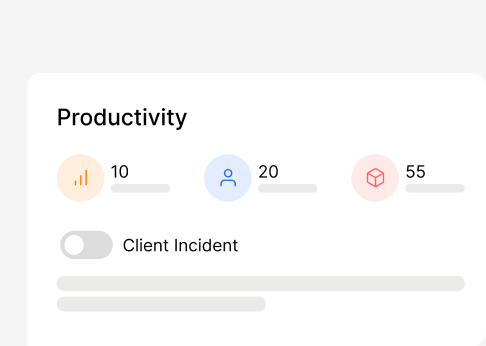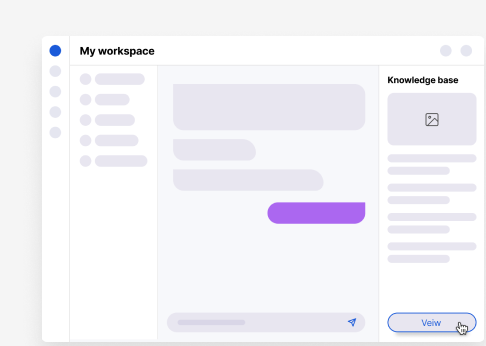Knowledge Management
Optimize access to and flow of knowledge across the workspace

Optimize access to and flow of knowledge across the workspace

Infraon ITSM’s Knowledge Management feature enhances how you create, collect, share, utilize, and manage meaningful IT service-related information.
Organize articles in accessible formats, identify outdated articles, transform support emails into helpful articles, etc. Bring together your ITOps teams, invite clients/stakeholders as guests, and more.

Infraon ITSM empowers agents to handle recurring difficulties using in-depth AI-powered knowledge base materials like articles, videos, etc. You can also enhance future resolutions by updating the knowledge library with valuable articles.


Infraon ITSM comes with intelligent search capabilities that allow agents and administrators to quickly locate the right resource in a vast knowledge base repository. You can unlock collaborative workflows to direct users to the appropriate resource - helping save time and effort.
Infraon ITSM provides a knowledgebase to hold solutions to recurrent service requests. Your users can receive solution articles using a centralized, searchable knowledge base that enables simple access to up-to-date answers. It decreases technician burden, lowers expenses, and improves overall self-sufficiency.

Custom Reports
Custom Alerts
Schedule/Report Exports
Customizable Fields
Bulk Excel Import/Export
Custom Roles
